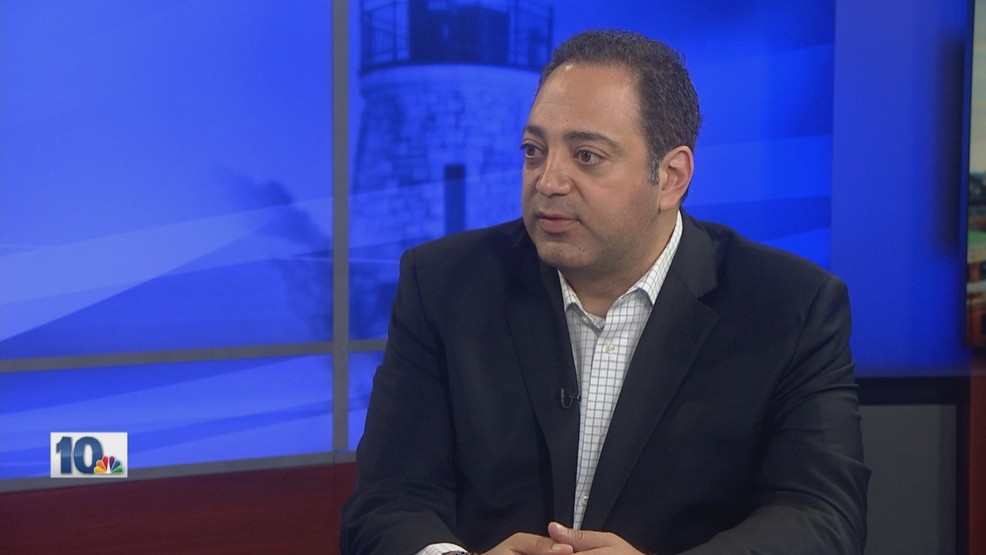Recently, renowned trader Peter Brandt voiced criticism directed squarely at Ethereum (ETH), the second-largest crypto by market capitalization, denouncing it as a “junk coin” in a blunt assessment.
Ethereum Faces Criticism
Celebrated for his insights into financial markets, Peter Brandt spared no punches as he castigated Ethereum, arguing that it lacks the essential characteristics required for long-term success.
His remarks underscored ETH’s perceived weaknesses as a store of value and its struggles with layer-2 solutions and high gas fees, factors he believes contribute to its inferiority compared to Bitcoin.
To support his assertions, Brandt posted an Ethereum/Bitcoin price chart and his criticism of ETH, showing the asset’s consistent decline relative to Bitcoin in the past year.
I get tired of saying it, but $ETH is a junk coin despite mindless devotion of Etheridiots.
As a store of value it is junk – a $BTC pretender
Its functionality is also junk – difficult to deal with L2s and outrageous gas fees
Of course it will always attract “investors” pic.twitter.com/7KAYMiwsnf— Peter Brandt (@PeterLBrandt) April 4, 2024
While Brandt was dishing out his critique on ETH, other voices presented contrasting perspectives on Ethereum’s prospects.
In a notable defense of the asset, JP Morgan’s Global Markets Strategy team recently unveiled reasons Ethereum may not be classified as a security, highlighting shifts in the network’s staking ecosystem towards greater decentralization.
This transition, evidenced by the decline in Lido’s share of staked ETH, is seen as a positive development that could assuage regulatory concerns and “bolster” Ethereum’s case against a security designation.
JP Morgan’s analysis draws attention to the pivotal “Hinman documents,” which have shaped the SEC’s approach to digital tokens.
These documents emphasize the importance of network decentralization in determining whether tokens qualify as securities, suggesting that tokens on sufficiently decentralized networks may be exempt.
Community Reaction To Brandt’s Critique
Interestingly, Brandt’s criticism of ETH sparked a diverse range of reactions within the community. While some stood behind Brandt’s assessment, others vehemently opposed it and came to Ethereum’s defense. Among those supporting Brandt’s critique was Adam Back, CEO of Blockstream.
Back weighed in, highlighting Ethereum’s vulnerability to significant hacks, scams, and rug-pulls, which have amounted to over $1 billion per quarter. He underscored the growing complexity of Ethereum’s scripting, emphasizing how increased complexity often leads to security vulnerabilities.
don’t forget the > $1bi per quarterl hacks, “hacks” and rug-pulls on it’s seemingly unsecurable script, which is just getting worse over time, because complexity kills; and the eths in charge just continue adding complexity…
— Adam Back (@adam3us) April 5, 2024
Meanwhile, another X user named Collin offered a contrasting perspective. Collin pointed out Brandt’s criticism seemed “biased” and failed to “acknowledge ETH’s unique capabilities beyond Bitcoin.”
He argued that Ethereum’s programmability sets it apart, allowing for features and functionalities that Bitcoin cannot replicate. Collin added:
And yes, ETH’s fees are high. But Ethereum is doing *more* than bitcoin is doing per block. Also, BTC’s fees have been crazy high in the past ($50+ per transaction), and they *will* go up again (by intentional design) in the future. So, if high fees are your complaint, you may want to take a good hard look at Bitcoin’s future security roadmap. High fees are baked in. Big time. You should continue your research on this, Peter.
Featured image from Unsplash, Chart from TradingView











